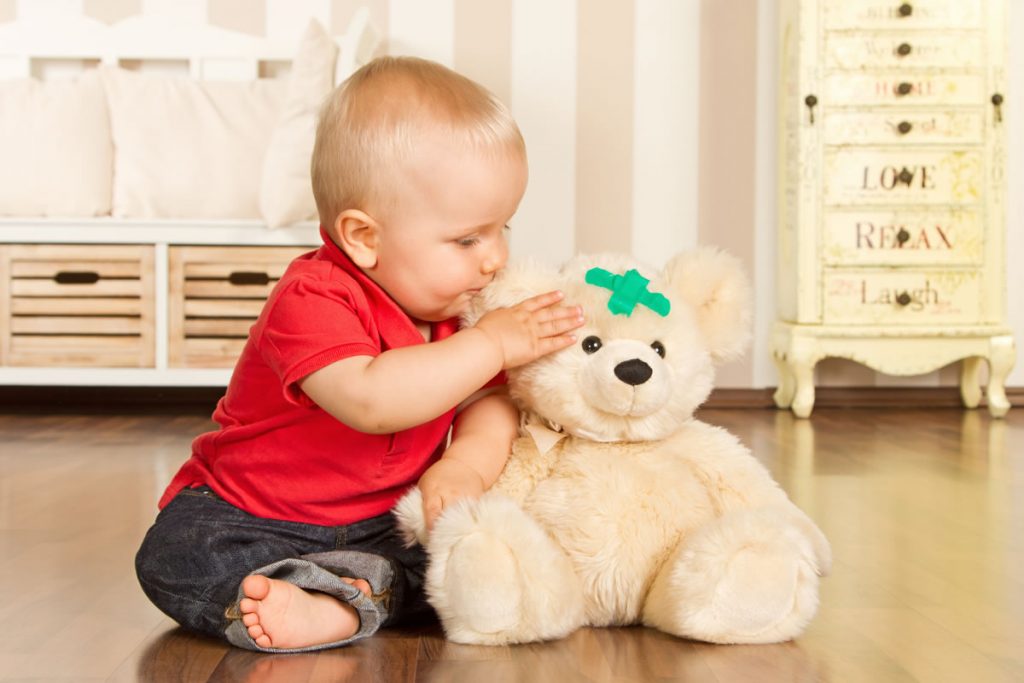All families have a hierarchy of values that they transmit to their children, whether they are aware of it or not. In this sense, it is important to know that values are not taught, but are transmitted , that is, it is not easy to teach values with words and that children learn more by example. But, in addition to having a hierarchy of values, parents must also have a scale of values, which will depend on the education that they, in turn, have received from their parents.

Of course, we must bear in mind that there is no hierarchy or a scale better than another, they are simply all different and provide more or less tools to deal with situations that arise in children’s lives . However, there are some values that can facilitate children’s relationships with others and that are worth taking into account.
Essential values that we should transmit to children
- The value of responsibility
It is a value that is related to the commitment of the word and that is transmitted to the little ones when we commit ourselves with them to do something in particular and we fulfill it. Do not make false promises to children because they will learn with this attitude that words are useless and that they are blown away. Furthermore, the things we do have consequences, sometimes positive, other times negative … and we must take responsibility for our actions whether we like it or not , because it is part of life itself and of our learning.
- The value of coexistence
For the coexistence to be enjoyable, it is necessary for children to learn to collaborate, both at school and at home, as well as in other possible environments in their community. Basic tasks such as tidying up the toys after a good time of play, making the bed when getting up, folding the clean clothes or putting the dirty ones in the bucket, clearing the table after eating …, these are all tasks that create habits of order within a place. This, in addition to being excellent learning, will also facilitate coexistence with others in the future , when children have to interact and share these actions with people outside their own family nucleus.
- The value of empathy
Empathy is a value that allows the little ones to put themselves in the situation of another person and better understand their feelings . It is a value that will help them not to do intentional harm to their siblings, friends or colleagues and to understand the behavior of other people. A good way of teaching this value is through stories , where protagonists (even in the form of animals) will make it very easy for the little ones to see how to learn to put themselves in the place of others and how important it is to do so. These types of stories also allow children to make comparisons with events that occur in their daily lives and make decisions accordingly.

- The value of honesty
Teaching a child to be sincere and have the courage to tell the truth, even if they are afraid, is one of the most valuable things that as adults we can teach. And it is that telling the truth allows to create a climate of trust among the people around us, which is very important to forge friendships and lasting relationships, something that sooner or later they will have to face.
As we can see, there are many types of values and it is very important that children receive them from their parents and other relatives, because undoubtedly doing so will positively influence their development and learning. But, within the importance of each one of them, we must focus on the most significant, since some of the most crucial moments in everyone’s life will depend on them, such as the time to make friends and keep them, or Treat others with respect and kindness.











































































































